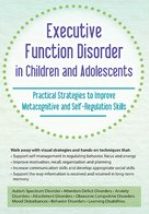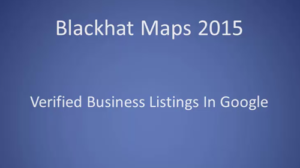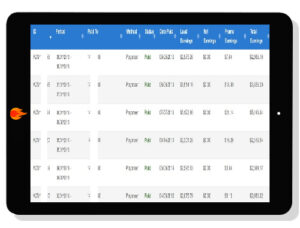They repeatedly act out and meltdown—seemingly unaware of the consequences of their behavior.
Kathy Morris – Executive Function Disorder in Children and Adolescents
Executive Functioning
Neuroanatomy of the brain
Mirror neurons
Sensory issues vs. behavior issues
Address communication breakdowns before they become social skills deficits resulting in behavior difficulties
Unlock Challenging Behavior in:
Autism Spectrum Disorder
Attention Deficit disorders
Anxiety disorders
Attachment disorders
Obsessive compulsive disorders
Mood disturbances
Behavior disorders
Learning disabilities
Self-Regulation Strategies
Methods to chart appropriate/inappropriate behaviors
Activities to review situations, options, consequences, choices, strategies, simulation when calm
Facilitate systematic feedback
Identify emotions, level of emotions and suggestions for self-regulation
Metacognitive Strategies
Methods that provide structure, predictability and routines
Systems to provide expectations
Neutral visual ques
Tips to break down workloads and schedules
Integrate Metacognitive and Self-Regulation Strategies
Visual ques to alert of change, surprises and transitions
Generate new and novel language for persons under stress but have extensive rote memories
Video modeling scenarios for persons who have social malfunctions
Ways to use high interest areas to motivate and problem-solve
Prompts for acceptable behaviors/social skills
Social narratives for expected behaviors and what they look like
Hands-On Activities and Video Demonstration of:
Meltdowns
Power cards
Keychain rules
Backward Planning
Using a launch pad for materials
Simulation of over-arousal and over-stimulation
Cartooning
Would you like to receive Kathy Morris – Executive Function Disorder in Children and Adolescents ?
Description:
Walk away with visual strategies and hands-on techniques that:
Support self-management in regulating behavior, focus and energy
Improve motivation, recall, organization and planning
Increase communication skills and develop appropriate social skills
Support the way information is received and retained in long-term memory
Do you work with children and adolescents who struggle paying attention, are severely disorganized, have difficulty making transitions and are unable to make plans? They repeatedly act out and meltdown—seemingly unaware of the consequences of their behavior. They frequently get placed in timeout or sent to the principal’s office—missing out on typical childhood experiences in school, on the playground and with their families. These children have Executive Functioning (EF) deficits.
The good news is that EF can be taught!
Watch this intensive workshop and learn to strengthen the neuro connections in children and apply evidence-based metacognitive and self-regulation visual strategies and hands-on techniques to improve:
Working Memory
Inhibitory Control
Adaptability
Mental Flexibility
Goal Setting
Planning/Strategizing
Sequencing
Organization
Time Management
Task Initiation
Executive Attention
Task Persistence
Emotional Control
Social skills
Communication
Through video case studies, visual demonstrations of strategies and dynamic discussions, you will learn how to implement these strategies tomorrow morning at school, during therapy or counseling, home and community.







